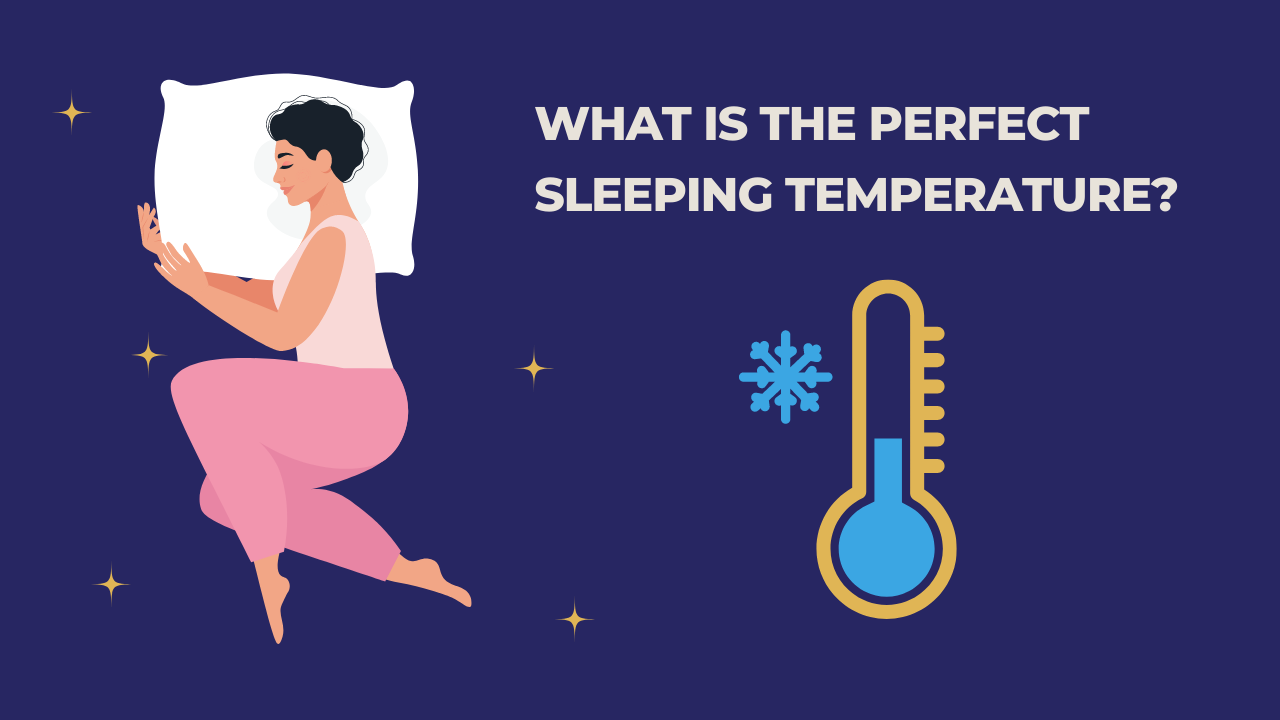71: What is the best temperature for sleep?
Aug 12, 2023
A drop in core body temperature is a signal for sleep, and this naturally occurs in the evening as part of your circadian rhythm. A cooler bedroom temperature can help a person go to sleep, but an uncomfortably warm room has the opposite effect.
The best sleeping temperature varies from person to person, but optimal sleep generally occurs in cooler temperatures, with the bedroom around 65 degrees Fahrenheit. Personal preference, age, health conditions, and climate (including humidity) can influence what feels comfortable.
Body temperature naturally reaches a low point about 2 hours before a person’s usual wake-up time. A rising core body temperature is a signal for wakefulness. It’s interesting to note that your body’s ability to regulate temperature goes offline during REM (dream) sleep.
Experiment with your thermostat, sleep clothes, and bedding to determine what temperature conditions work best for you. A warm bath or a shower in the evening can help with getting to sleep. The blood vessels in your extremities will dilate in the warm water and this helps to release heat from your skin and cool off your core body temperature.
If you’re feeling too hot to sleep, it can help to put a cold pack over your eyes and upper face. Cooling the palms of your hands and feet also works to decrease your body temperature quickly.
If you have trouble sleeping because you feel cold (especially your feet and hands!), a heating pad or microwavable rice warmer can help by opening up circulation in those areas.
Managing your temperatures at nighttime can be a powerful tool for getting to sleep and banking high-quality sleep throughout the night.
You've got sleep problems...
so is it time for a sleep study?

